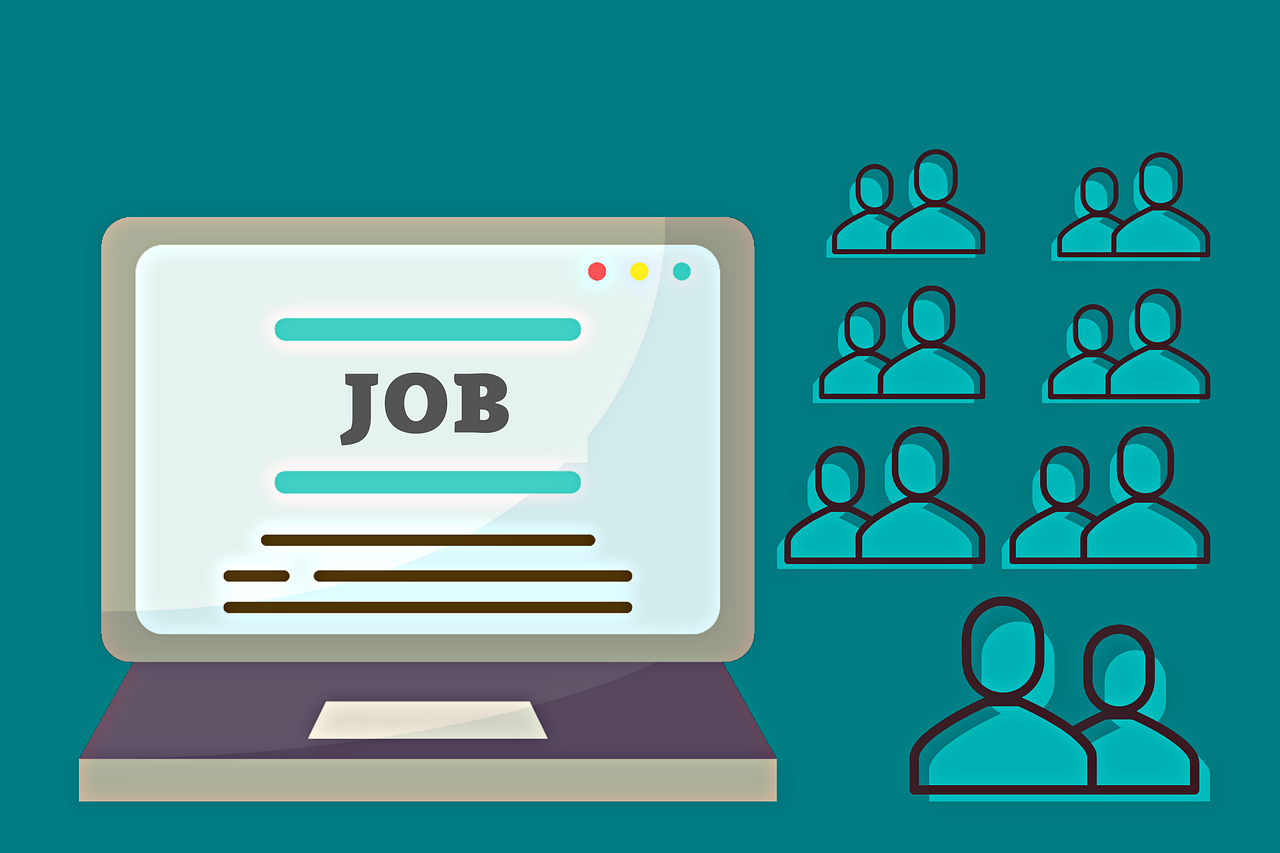Are you stuck in a rut, unsure of your career planning, or hesitant to make plans for your professional future? It might not be external obstacles but internal beliefs that are holding you back from career growth. Let’s delve into 9 common limiting beliefs hindering career planning, and how to overcome them to pave your way to success.

Beliefs are powerful. They shape our thoughts, our actions, and subsequently, our results. When it comes to career planning, the following limiting beliefs can act as invisible chains, holding us back from achieving our full potential.
By recognizing and challenging these beliefs, you can break free from their grip and embark on a journey towards fulfilling your professional aspirations.
Table of Contents
ToggleLet’s uncover some of these career planning common yet detrimental beliefs:
1. "Lack of Clarity."
“I’m not sure what I want to do with my life, so there’s no point in planning my career.”
Take proactive steps to gain clarity about your interests, values, and career goals. Explore different industries, engage in self-reflection exercises, and seek guidance from career counselors or mentors.
2. "Fixed Mindset."
“I’m not good at X, so I can’t pursue a career in it.”
Cultivate a growth mindset. Develop skills through practice and learning, believing in your ability to improve over time.
3. "External Validation."
“I must pursue a career that impresses others or conforms to societal expectations.”
Prioritize your passions and values over external validation. Pursue a career aligned with your interests and strengths.
4. "Comfort Zone Mentality."
“I’m content where I am; there’s no need for change.”
Step out of your comfort zone to embrace growth and adaptability. Explore new experiences and continuously strive for personal and professional development.
5. "Perfectionism."
“I must have everything figured out perfectly before I can start planning my career.”
Accept that planning is an iterative process. Start where you are, refine your plans as you gain clarity, and be open to adjusting the course along the way.
6. "Lack of Self-Worth."
“I don’t deserve a fulfilling career; others are more deserving.”
Recognize your inherent worth and value. Invest in self-care, seek support, and pursue opportunities that align with your aspirations and talents.
7. "External Circumstances."
“I’m limited by external factors such as family responsibilities, financial constraints, or societal expectations.”
Acknowledge external challenges but focus on identifying feasible solutions and leveraging available resources. Seek support from family, friends, or community organizations, explore flexible work arrangements or educational opportunities, and prioritize self-care to overcome obstacles and pursue your career goals effectively.
8. "Fear of Failure."
“What if I choose the wrong path and fail?”
Embrace failure as a stepping stone to success. Plan diligently, gather resources, and learn from setbacks.
9. "I Can’t Pursue My Passion; It Won’t Pay the Bills."
“I’m not capable of pursuing my passion & achieving my dream career.”
Challenge self-limiting beliefs by seeking mentorship, acquiring relevant skills, and gaining practical experience
10. "Fear of Change."
“Changing careers or industries is too risky and daunting.”
Assess your transferable skills, research potential career paths, and develop a plan to transition gradually.
11. "Short-Term Focus."
“I’ll focus on my career plans later; I have more immediate priorities.”
Prioritize long-term career goals alongside short-term obligations. Allocate time and resources for career planning to ensure future success and fulfillment.
12. "Overemphasis on Stability ."
“I should prioritize job security and stability over pursuing my passions.”
Acknowledge the importance of stability but also consider the long-term fulfillment that comes from pursuing your passions.
Conclusion :
Each of these beliefs, deeply ingrained in our psyche, can act as a barrier to effective career planning. However, by challenging these beliefs and adopting a proactive mindset, individuals can overcome obstacles and take charge of their professional destinies.
In conclusion, effective career planning requires not only external strategy but also internal clarity and conviction. By identifying and challenging limiting beliefs, individuals can unlock their full potential and pursue fulfilling careers aligned with their passions and aspirations. Remember, the journey towards success begins with acknowledging and overcoming the beliefs that hold you back. Start today, and pave the way for a future filled with purpose and fulfillment.
